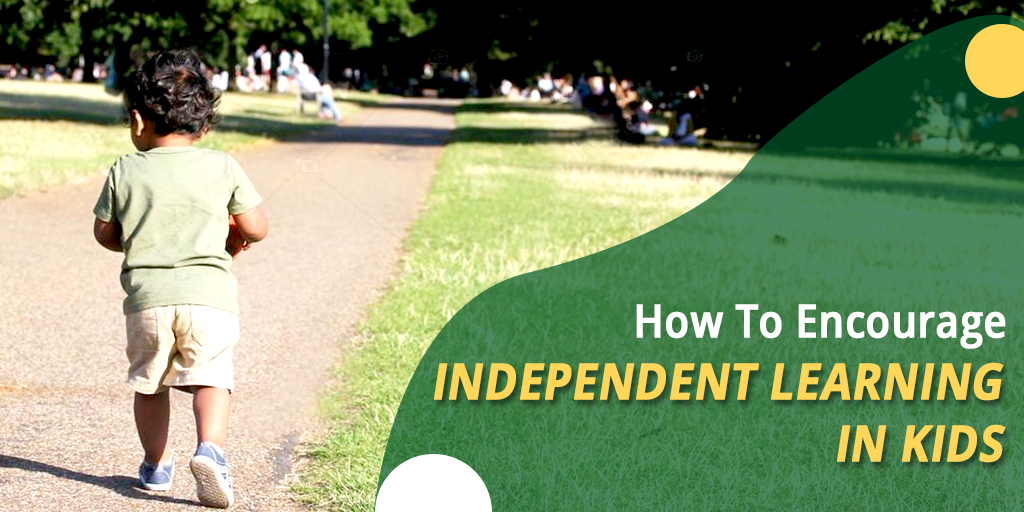
How To Encourage Independent Learning in Kids?
Independent learning in kids should not be limited only to classrooms. It should be encouraged outsides as well, and it should mimic real-life situations. This will improve the child?s decision-making skills, confidence, and communication with peers. As a result, a child?s development into adulthood will be positively shaped.
Before we proceed ahead, let us first understand what is independent learning.
What Are Independent Learning Skills?
Independent learning is the ability to take ownership and responsibility for your learning with the guidance and support of a teacher or peer. This kind of learning can cultivate the potential to make relevant decisions based on the gathered information. It can also determine when support from a teacher or peer is needed to achieve the desired goal.
Moreover, independent learning can help kids manage their expression and feelings, allowing them to reflect on their actions. This will also help them gain a better understanding of their weaknesses and strengths. As they grow into adults, they will know what exactly is needed to challenge themselves, overcome their fears, and finally, empower themselves.
Independent learning can be broken down into the following three categories. They are:
1) Affective Skills - Ability to manage and regulate their feelings.
2) Cognitive Skills - Improvement of attention, memory, and problem-solving abilities.
3) Metacognitive Skills - Ability to acknowledge, evaluate, and monitor their thinking.
Benefits of Independent Learning
- Improved confidence and motivation
- Increased awareness of strengths and weaknesses
- Development of problem-solving skills
- Ability to ask for help when required
- Improved academic performance
- Trusting relationships with peers and teachers
- Opportunity to collaborate and work as a team with their peers
- Ability to manage feelings and emotions
But What is Needed to Develop Independent Learning?
Kids need the establishment of an enabling and exciting environment. One such place is an
outdoor park or a playground, as it serves as the ideal opportunity for kids to practice, learn, and develop their independent learning skills.
Independent Learning in The Playground
When it comes to independent play, outdoor space offers a multi-sensory experience. A playground can also allow kids to explore comfortably and freely. It is the perfect setting for their age and needs. Even though adult supervision is needed, allowing kids to play and learn independently is vital for their overall development. The discoveries that kids make in a playground can be more meaningful, as they are achieved through the child?s excitement and personal motivation to experiment and learn.
You can help them get creative, encourage teamwork, and teach them to use their senses by installing engaging and unique playground equipment. Doing this will greatly support kids in their learning.
ArihantPLAY?s Outdoor sensory equipment such as
PLAYTime,
SignaturePLAY, and
WorldPLAY are designed to encourage role play and let children?s imagination run wild. This allows kids to try out different ideas and create their own play scenarios, through which they can take charge of their discoveries and learning.
We have you have gained some insights from this article. At
ArihantPLAY, we are passionate about designing outdoor play equipment that can bring learning outside the classroom and foster imagination in a fun way.
If you are searching for more information about implementing independent learning into your school playground, then you can
connect with us. Our friendly team of experts will guide you through every step of the way!

